The overlapping fashion movements that have taken over the industry: vegan, sustainable, eco, up-cycled, ethical can be very confusing. A lot of people think that these concepts used in the fashion industry are interchangeable, meaning that anything that is sustainable is also always ethical, or more specifically, that anything that is ethical is always vegan. One hundred percent "cruelty-free" apparel is referred to as vegan fashion. In other words, vegan fashion is anything that isn't made of animal fibres like fur, leather, feathers, wool, silk, or leather, including dyes and glue. Understanding the harm that the fur trade and animal agriculture cause to the environment, as well as animal welfare, vegan fashion is becoming more and more relevant. Many of us have chosen to live animal-friendly lifestyles in direct response to the needless suffering and devastation brought on by animal agribusiness alone. Friends not Food!
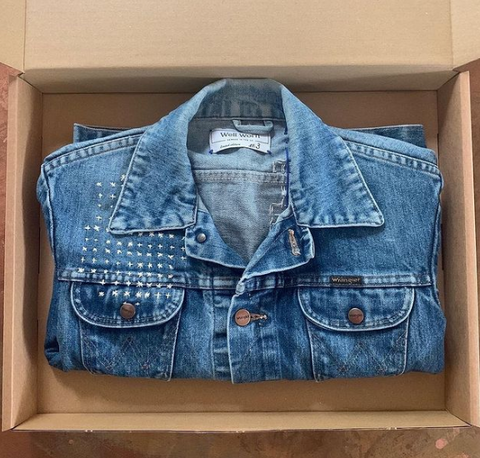
Upcycled Denim Jacket The Well Worn
The main goals of sustainable fashion are to minimize the environmental impact of apparel alone, utilize recyclable or biodegradable fabrics, and source as little carbon as possible. The primary cause of deforestation worldwide and a major contributor to global warming is animal husbandry.
It has gotten to the point where the beef (and leather) industries alone are expected to completely collapse by 2030.
Although the majority of vegan brands use sustainable manufacturing practices generally, sustainable fashion as a whole needs to be defined independently. More has to be done by the sustainable fashion industry to inspire its diverse customer base to practice sustainability both inside and outside the changing room.
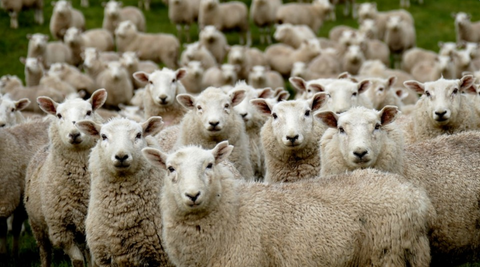
Photo by Andrea Lightfoot on Unsplash
Wool from "welfare-certified" sources is frequently used by sustainable companies. Unfortunately, this doesn't mean "ethical" or "cruelty-free," despite the prevalent misconception. Previously, we operated under the assumption that shearing is similar to having a haircut. Wool isn't vegan. Millions of lambs per year perish from exposure since they are frequently sheared in the winter months. Sustainable brands that assume they are purchasing from ranchers who respect animals on fictitiously labelled "sustainable" farms might easily be misled by the supply chain's complexity about these facts - which are very difficult to find out.
Future Wins With Vegan Sustainable Fashion
It is detrimental to the ethical fashion movement to use materials produced from animals when there is no actual way to know what is going into your clothing. Can retailers who sell any products derived from animals really claim that that their company is sustainable? Can fast-fashion companies honestly practice veganism or sustainability? We know the answer is no.
The fashion industry is already being improved by consumer expectations, and this trend will continue. Knowing where we stand in the chaos of a shifting business is crucial, and the better informed we are, the more likely it is that we will unite to help put an end to the exploitation of both humans and non-human animals while safeguarding the environment.
This is better for the world as a whole as we try to preserve our priceless ecosystem, better for us as it demonstrates the compassion in our humanity, and better for the animals who no longer have to endure suffering for green-washed vanity.
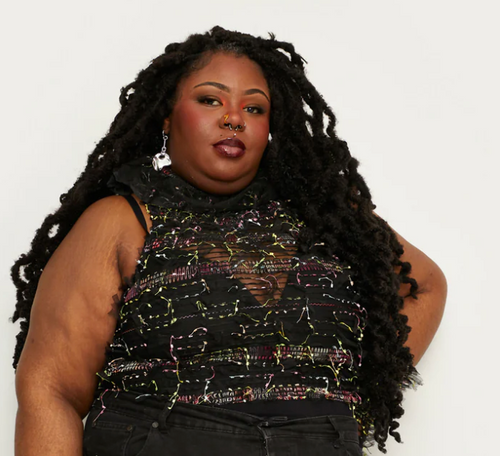
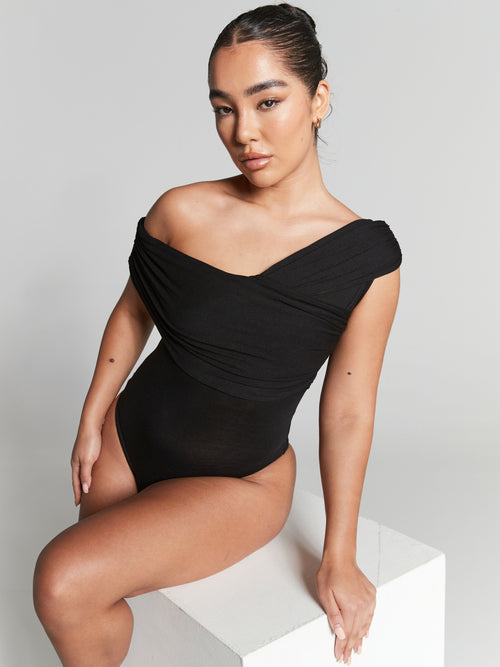
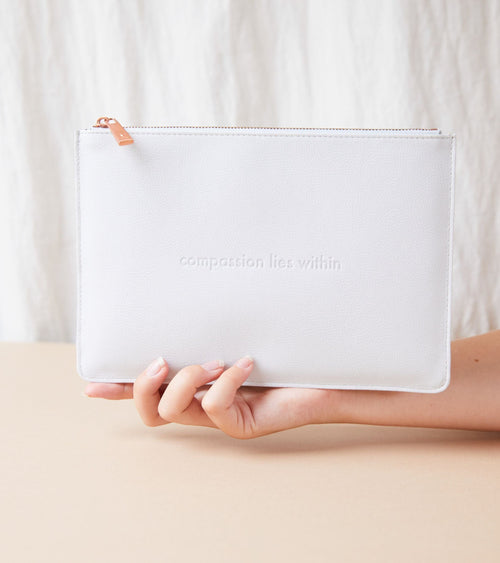
0 comments